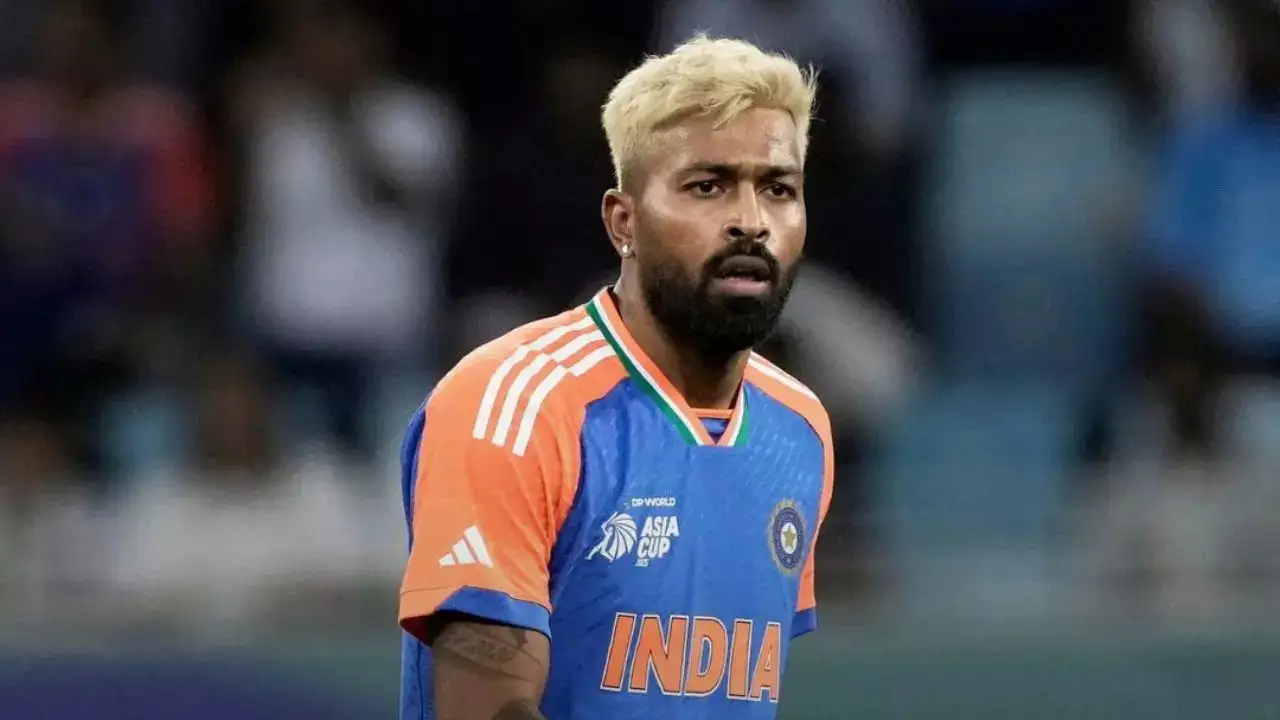5 Batsmen With The Most Runs In A Single IPL Season
Published - 11 Oct 2021, 07:01 PM | Updated - 23 Aug 2024, 12:58 AM
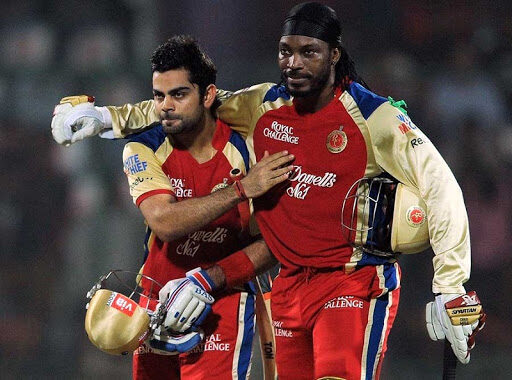
Table of Contents
The T20 format in cricket was introduced to entertain a large set of audience in a short span of time. Today, it has become the most loved format in the world of cricket. The fans love watching the ball sailing over the cricket ground on a number of occasions in a short span of time. The situation in IPL is no different.
Over the years, we have seen some exceptional performances with the bat. In the Indian Premier League, Orange Cap is awarded to the batsman who scores the most runs in a single season. Both Indian and international players have led the run-charts in the tournament, over the years.
In this article, we take a look at which five batsmen have managed to score the most runs in a single IPL season.
5 Batsmen With The Most Runs In A Single IPL Season
5. Chris Gayle: 733 runs in IPL 2012
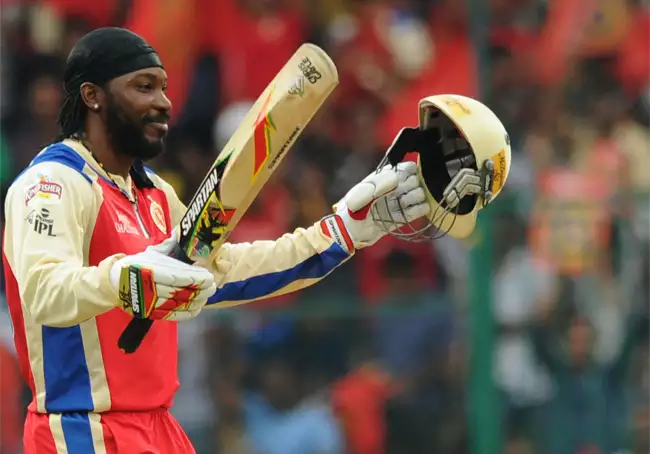
Arguably, the best batsman to have ever played T20 cricket, Chris Gayle sits fifth in the elite list. The Universal Boss has been entertaining his fans for over a decade now. When he is on song, it becomes really difficult for the opposition to stop him.
Gayle has been a prolific run-scorer in IPL. His best season with the bat came in the 2012 edition while playing for Royal Challengers Bangalore. Gayle amassed as many as 733 runs in a single edition of the tournament at a strike rate of over 160. He scored a century and 7 half-centuries during the season.
4. Mike Hussey- 733 runs in IPL 2013
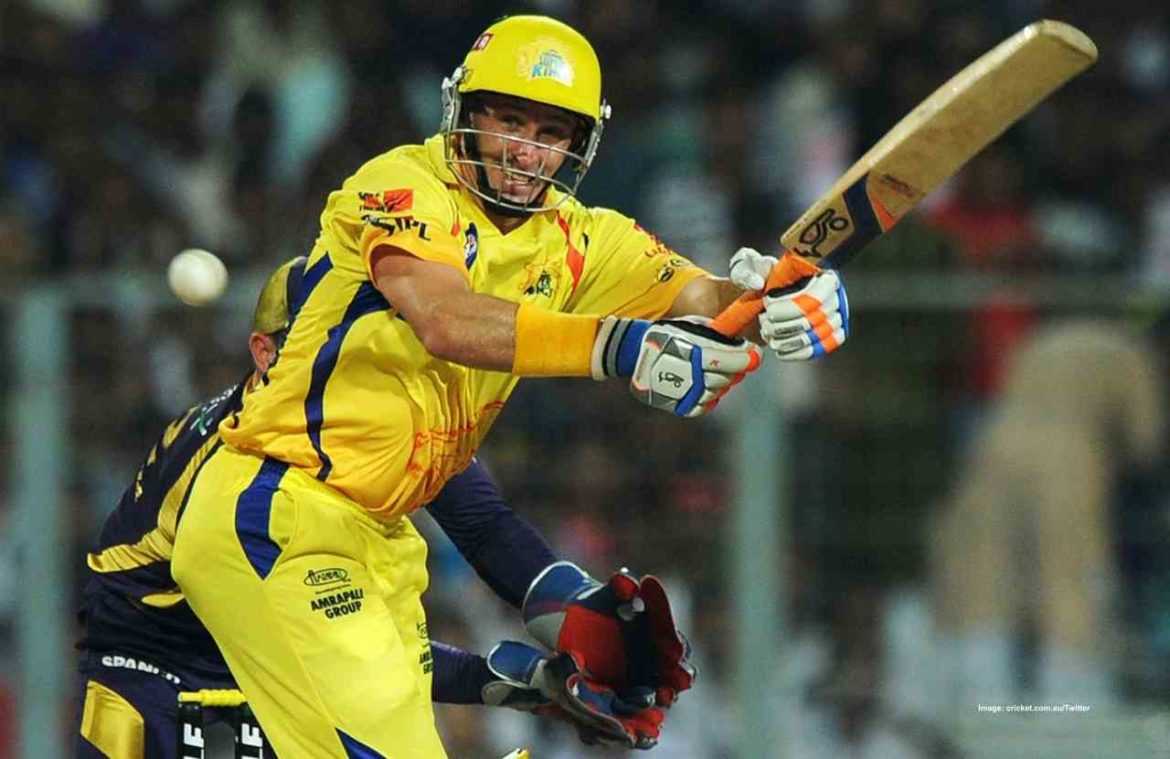
Mike Hussey emerged as the star performer in the 2013 edition of the Indian Premier League. With his ability to pierce the gaps and time the ball beautifully, he scored a plethora of runs for CSK during the season. Mike Hussey scored six half-centuries-the most by any batsman during that season.
He amassed 733 runs in 17 matches at an average of over 52.36. His consistent run-scoring helped CSK reach the final of the tournament. Hussey, unfortunately, got out on 1 run in the final and CSK lost that game by 23 runs.
3. Kane Williamson: 735 runs in IPL 2018
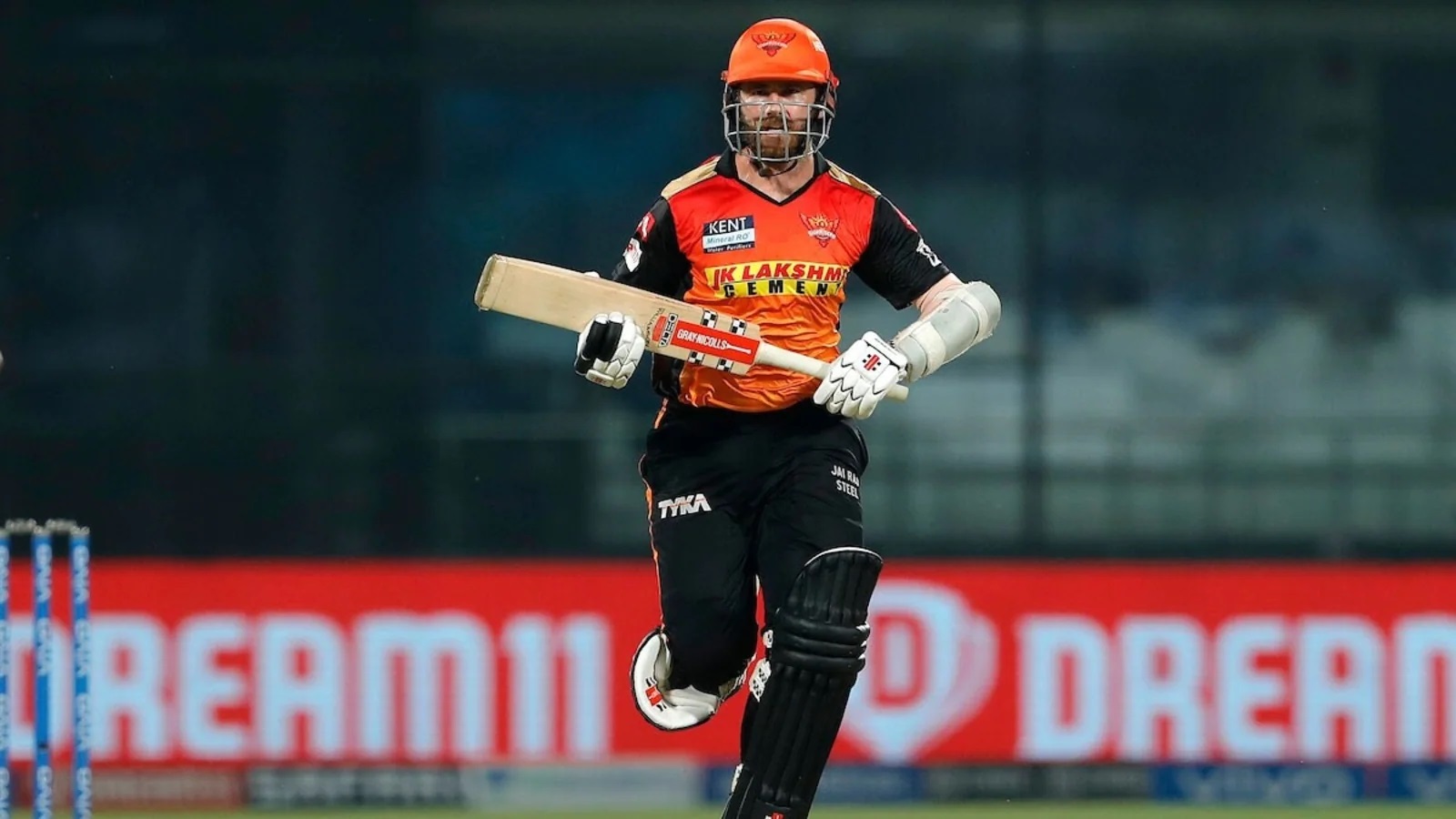
SRH missed the services of David Warner during the 2018 edition of the Indian Premier League. Kane Williamson led the team in his absence and with some authority.
He led the way with the bat and never let the fans felt that they missed Warner. He struck eight half-centuries during the season and led the team to the final of the tournament. Williamson scored 735 runs in IPL 2018- the third-most by any player in an IPL season.
He scored valuable 47 runs in the final against CSK and helped the team reach a competitive 178-run total in the first innings. Shane Watson scored a century in the second innings to ruin SRH’s dream of winning their second IPL title.
2. David Warner- 848 runs in IPL 2016

Warner’s rise in IPL started with his heroics in the 2016 edition where he led the side to the final and helped them win their maiden IPL title. Averaging over 60, Warner scored nine half-centuries during the tournament. With 848 runs in 17 matches, Warner enjoyed his best season with the bat.
Warner has been the most successful batsman for SRH in the history of the competition. He has managed to score more than 500 runs for four consecutive seasons between 2016 and 2020. Sadly, he hasn’t enjoyed the same success in the ongoing season and, as a result of that, SRH finished at the bottom of the points table.
1. Virat Kohli- 973 runs in IPL 2016

With 973 runs at an average of 81.08 in the 2016 edition, Kohli sits at the top of the list. Scoring close to 1000 runs isn’t a small feat and it doesn’t look like if any player could come to even the 900-run mark in the near future.
Virat Kohli, over the years, has been one of the most consistent batsmen in IPL. He dominated every opposition during the 2016 season and went on to hit as many as 4 centuries.
His consistent performances during the season helped the side reach the finals. SRH, although beat them in the summit clash by 8 runs. With 6244 runs in 206 matches, Virat Kohli is currently the highest run-scorer in IPL.
About the Author

This author is a member of Cricketaddictor who writes news and analysis related to cricket.


